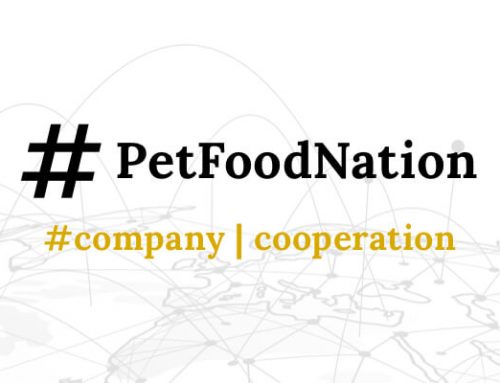According to an announcement on 6 June, Ÿnsect has developed a genotyping chip, Axiom® YNS_Mol1, for insect breeding. Dedicated to find more sustainable solutions for food and pet food industries, the company has developed the first chip worldwide that is specified for insect breeding supporting the choice of larvae lines to manufacture more proteins.
The new chip is made for scientists at first place and shall be used for the breeding of the Tenebrio Molitor mealworm.
“Ÿnsect’s ambition is to contribute to the development of a new economic, social and sustainable model, which proposes new ways of consuming and producing, in order to meet the major environmental and climatic challenges of our era,” said CEO Antoine Hubert. “For 12 years we have been innovating, with the goal of advancing the food industry and democratizing the insect. Our genotyping chip for the Tenebrio Molitor beetle is a world-first for our industry and will contribute to the sustainable structuring of the entomoculture sector.”
In the mind of Ÿnsect, genomic selection is one of the keys to a more sustainable food production. In order to get the most nutritious ingredient, most insect manufacturers aim to breed bigger insect larvae which often has bad consequences due to inbreeding and the reduction of genetic diversity.
Fighting this problem, Ÿnsect has partnered with Thermo Fisher Scientic to create the chip on the basis of analysed genetic qualities of over 4,000 insects. The chip is aimed at certain genetic qualities including four biological traits connected to growth, resistence in disease, reproduction, and food transformation. The Axiom® YNS_Mol1 shall support big insect farmers in choosing the best insect lines.
“The chip is made up of 679,205 markers, called Single Nucleotide Polymorphisms (SNPs), distributed throughout the genome and covering more than 99% of the gene regions,” expained Thomas Lefebvre, Ÿnsect’s biotech R&D innovations director. “These SNPs, representing modifications of a DNA base at a precise position between individuals of the same species, were selected to represent the entire genetic diversity of the insect population at our farms.”
The new chip is also able to identify those characteristics that are the most sustainable regarding climate and water.
“Thermo Fisher’s Axiom® technology allowed us to genotype the Tenebrio Molitor as we traditionally do for livestock and field crops,” said Pierre Garrabos, senior key account manager of AgriBusiness West of France at Thermo Fisher. “This is the first time that a chip of this type has been designed for an insect, and it truly marks the insect’s entry into conventional breeding. The design of the chip, which consists of defining and optimizing its content in terms of markers, is the key step in the design. It requires close collaboration between the program’s geneticists and the bioinformatics team. This development is a real step forward, made possible by all the partners in the ŸnFABRE project, a program that is participating in an innovative way in the response to climate and environmental changes.”
The Axiom® YNS_Mol1 chip is one result of the ŸnFABRE project, which was established by Ÿnsect in cooperation with with Thermo Fisher, the CEA and Aprex Solutions and BPI France. The ŸnFABRE is the first project of the world that focuses on genetic of beetles used for large-scale insect farming. The latest innovation will rise the company’s farm productivity by 15%.



